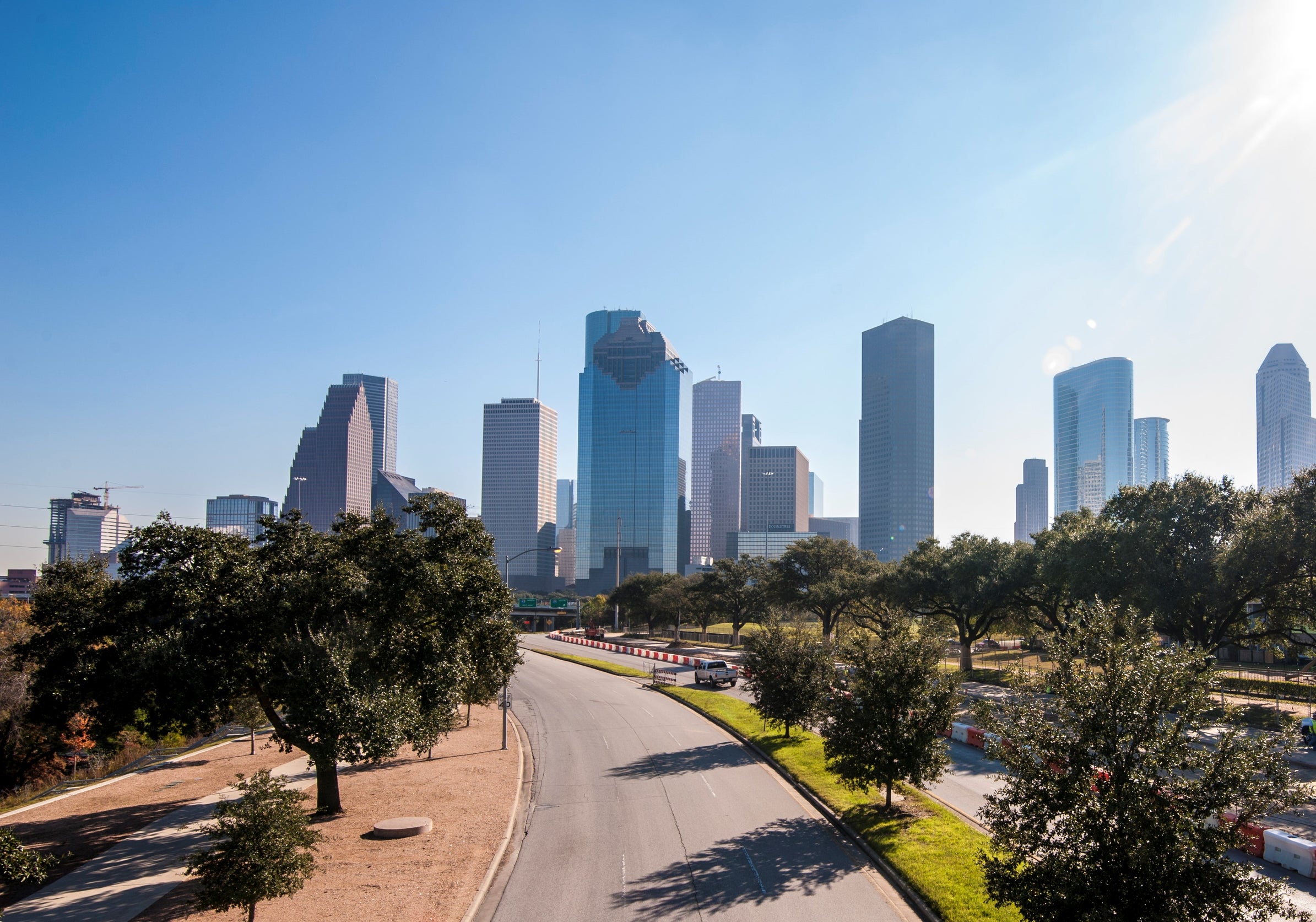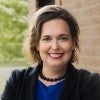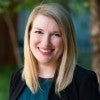This project will explore the role of Houston-based religious organizations serving at-risk communities in the fight against COVID-19. The proposed project will harness the RPLP’s existing connections to black and Latinx churches, synagogues, and mosques from across the city to examine how religious communities are supporting (or resisting) public health guidance during COVID-19. Religious communities are primary purveyors of social services in at-risk populations (particularly in largely black and Latinx communities), yet little is known about how they respond to public health crises.
Funding will be used to conduct content analyses of online messaging from 10 religious communities in response to COVID-19 (including four predominantly black churches, four predominantly Latinx churches, one synagogue, and one mosque all located in or around Houston’s poorest geographic areas), and to collect interview data with religious leaders from these organizations about their congregational responses. From this data collection in the immediate short-term, we will generate a brief that will be shared with religious, governmental, and other community leaders (such as public health workers) and incorporate the findings into an op-ed about religious responses to COVID-19. Longer-term, the data could assist religious communities in providing resources to alleviate collateral effects (economic and social) of the virus.
This project is funded by Rice University’s Building Research on Inequality and Diversity to Grow Equity (BRIDGE) initiative with Elaine Howard Ecklund as PI.





